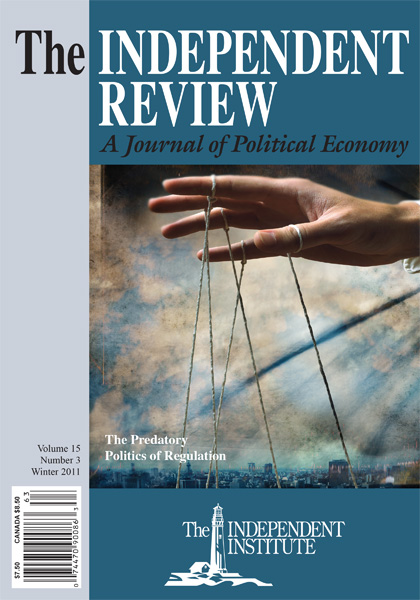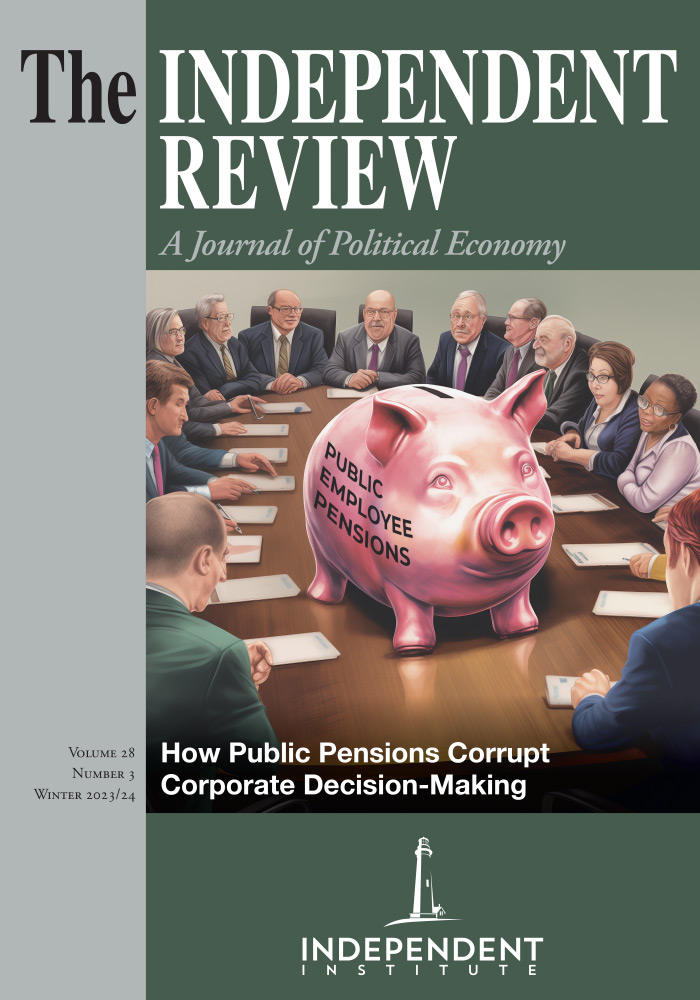The percentage of Americans with college degrees has more than sextupled since 1940, due to the growing popularity of the idea that everyone should get a college degree and that federal subsidies should support the attainment of this goal. Unfortunately, this trend has dumbed down the college classroom, promoted credential seeking at the expense of the liberal arts, and fostered false expectations that harm students and the general public alike.
Article
During the past half-century, the conventional view of American education has held that the nation needs more college graduates and that increasing the rates of college attendance and completion should be a national goal, advanced and subsidized by the federal government. During his presidential campaign and after his election, Barack Obama stressed his commitment to ensuring that a greater percentage of the population obtain higher-education credentials. In January 2010, President Obama proposed a budget that would transform Pell Grants into entitlements, on the model of Medicare or Social Security. This change would extend the college funds that Pell Grants provide to an additional one million students. This proposed entitlement is based on the idea that everyone with the desire to go to college should be able to do so (Parsons 2010). This idea has reshaped higher education in the United States in a very short historical period, turning what was a guildlike activity into an industry for mass-producing credentials.
| Other Independent Review articles by Carl L. Bankston III | |
| Fall 2010 | Social Justice: Cultural Origins of a Perspective and a Theory |









